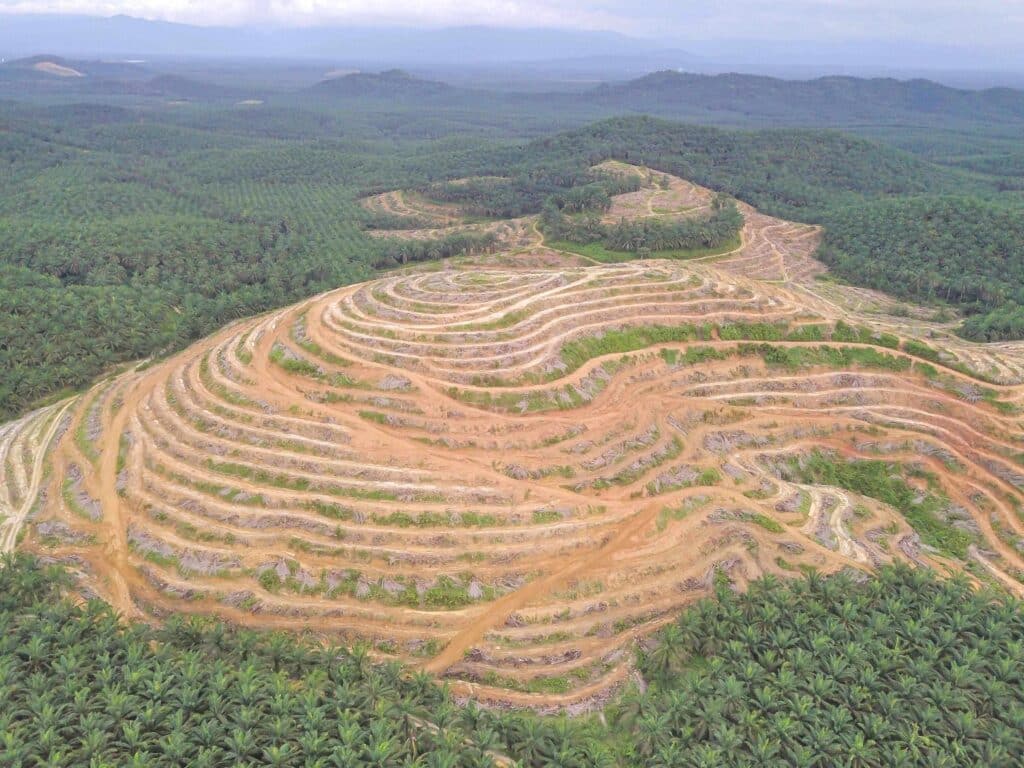The weakening of wood product markets worldwide has worsened livelihoods in the industry, especially those employed by small and medium sized enterprises.
That is according to the International Tropical Timber Organization, the peak body for tropical timber. In its March Bulletin, published last week, it reported that signs of a market regression for tropical timber are evident in all major consumer countries.
In 2023, the total value of imports (both tropical and temperate) of logs, lumber, veneer and plywood fell 17% in China, 37% in the European Union, 38% in the US, 46% in Japan, 22% in the UK and 25% in South Korea.
And of all major markets, only India’s imports of primary wood products remained at a level close to the previous year.
The International Tropical Timber Organisation said wood progressing and manufacturing “is also extremely weak.” For example, Vietnam’s exports of wood and wood products dropped by almost 16% in 2023, from US $16.1 billion in 2022 to US $13.4 billion last year, whilst Malaysia’s total wood exports fell 13.3% in the same period.
In the last quarter of 2023, EU imports of all timber and wooden furniture products from tropical countries fell to an all-time low.
“It is inevitable that such low levels of trade will hamper efforts towards sustainable and responsible wood industry development,” according to the ITTO.

Six European organisations—the European Confederation of Woodworking Industries (CEI-Bois), the European Furniture Industries Confederation (EFIC), the European Organisation of the Sawmill Industry (EOS), the European Panel Federation (EPF), the European Timber Trade Federation (ETTF), and the European Federation of the Parquet Industry (FEP)—made a joint declaration on March 12.
The declaration concluded that the European wood industry fully supports the new EUDR rules’ scope and objectives but strongly opposes all forms of deforestation and forest degradation.
But at the same time, the sector says the new rules will become “a huge administrative and regulatory monster”, urging that the EU amend them to eliminate unnecessary bureaucratic hurdles and provide sufficient time to adapt to the compliance.
Moreover, the EU Commission must swiftly proceed with the priority classification of low-risk countries.

Meanwhile, vast quantities of tropical hardwood from deforestation hotspots worldwide continue to enter Asian countries, particularly Vietnam, despite new regulations to clean up supply chains.
The country has signed a deal with the European Union to reform its timber sector and, in return, boost access to the strictly regulated EU markets. However, experts say recently introduced mechanisms to eliminate illegal timber are failing.
“Basically, nothing has changed,” says a senior policy analyst at the Forest Trends Organisation with a mission to put an economic engine behind nature conservation. “The authorities allow the importing companies to bring in high-risk timber … just as before.”
Thousands of enterprises import 5 million to 6 million cubic meters of timber from more than 100 countries into Vietnam annually. At least one-third of this is tropical hardwood from locations such as Cambodia, Laos, Papua New Guinea and around 20 African countries.
- For more information about EUDR, please refer to Wood Central’s special feature on the new regulations and the implications for global supply chains.






